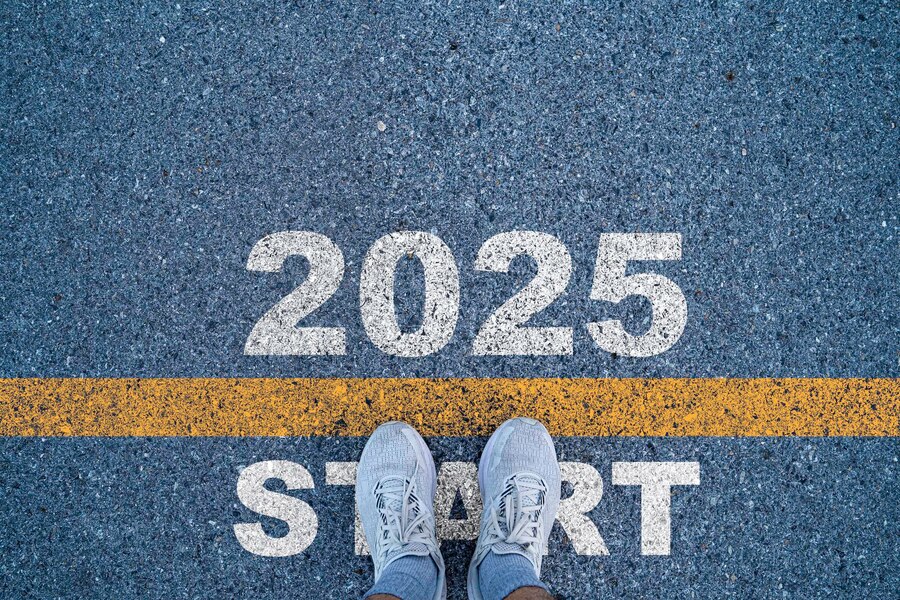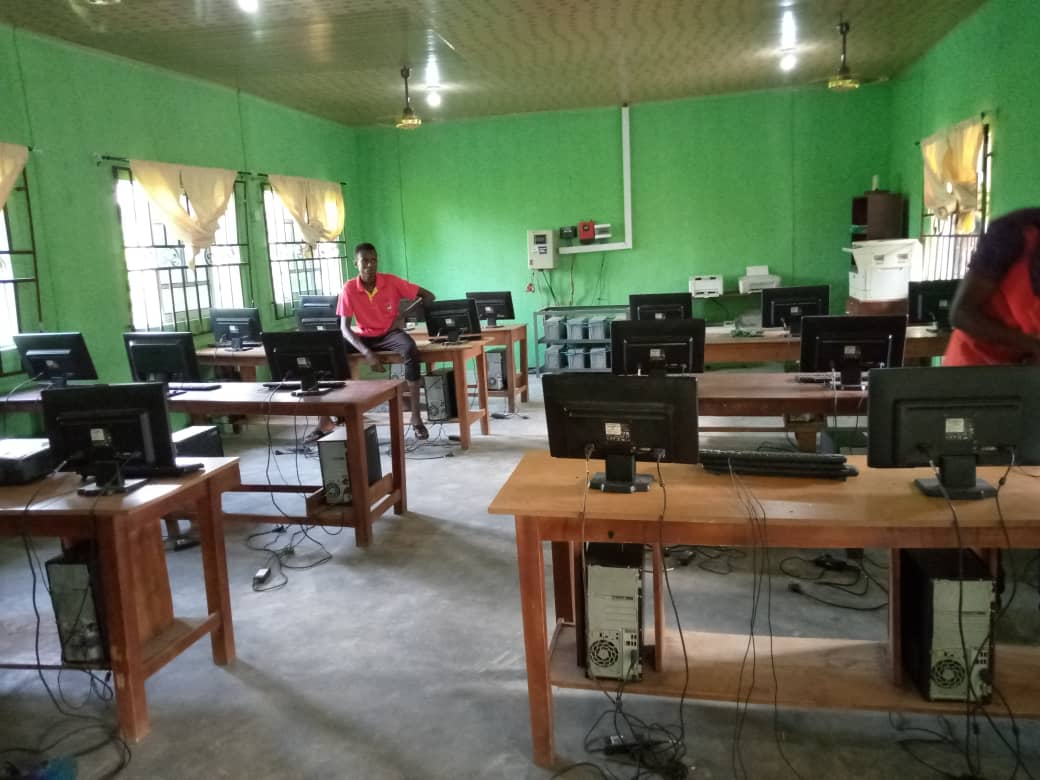Skill Acquisition
1. Understanding Skill Acquisition: Skill acquisition refers to the process of learning and mastering new skills through practice and experience. It can range from technical skills, such as coding or data analysis, to soft skills, such as communication and leadership.
2. Stages of Skill Acquisition:
- Cognitive Stage: This is the initial stage where you learn about the skill, understand its components, and start practicing the basic steps.
- Associative Stage: In this stage, you start refining your technique, identifying and correcting mistakes, and becoming more efficient.
- Autonomous Stage: At this stage, the skill becomes second nature. You can perform it with little conscious effort, allowing for multitasking and advanced proficiency.
3. Methods of Acquiring Skills:
- Formal Education: Attending courses, workshops, and training programs.
- Self-Learning: Utilizing online resources, such as tutorials, videos, and books.
- Practice: Regular practice and repetition to reinforce learning.
- Mentorship: Learning from experienced individuals who provide guidance and feedback.
- Peer Learning: Collaborating with peers to share knowledge and skills.
4. Tips for Effective Skill Acquisition:
- Set Clear Goals: Define what you want to achieve and create a roadmap to reach your goals.
- Stay Consistent: Practice regularly and consistently to build and reinforce your skills.
- Seek Feedback: Regular feedback helps identify areas for improvement and guides your learning process.
- Stay Motivated: Keep your motivation high by setting short-term milestones and rewarding yourself for progress.
- Reflect and Adapt: Reflect on your progress, adapt your strategies, and be open to new learning methods.
5. Overcoming Challenges:
- Time Management: Allocate specific time for learning and practice.
- Perseverance: Stay committed, even when progress seems slow.
- Resources: Utilize various learning resources to find what works best for you.
- Support System: Surround yourself with supportive peers and mentors.
Conclusion
Skill acquisition is a continuous journey that requires dedication, practice, and the right mindset. Whether you’re looking to improve professionally or personally, the ability to learn and adapt to new skills is invaluable.
What skill are you planning to acquire next? Let me know, and I’d be happy to help with resources and tips!








Leave a Reply